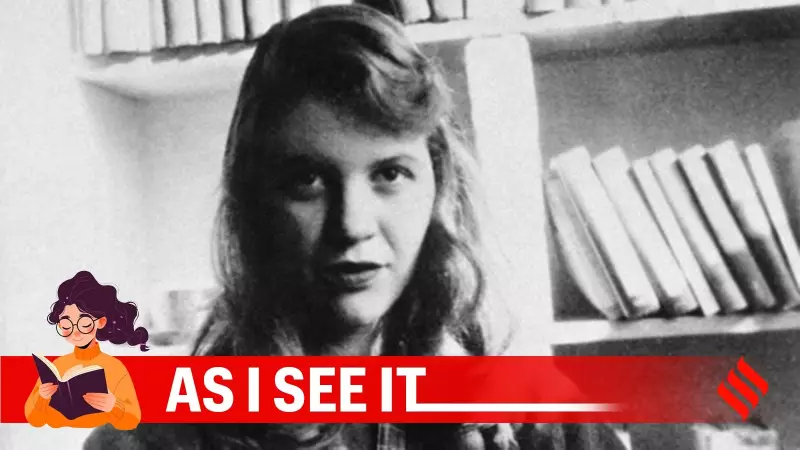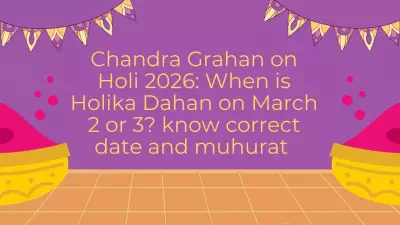
In an era where personal revelations flood our social media feeds and private thoughts become public content, one wonders how Sylvia Plath—the iconic confessional poet—would navigate our digital landscape. The very concept of "oversharing" that defines our times bears striking parallels to Plath's raw, unfiltered literary style.
The Confessional Poet in a Digital World
Plath's work, particularly her seminal collection "Ariel" and the brutally honest "The Bell Jar," broke new ground in its willingness to expose mental anguish, personal trauma, and societal pressures. Today, this same impulse drives millions to share their deepest struggles online. But where Plath's revelations were carefully crafted artistic expressions, modern oversharing often lacks such literary discipline.
Artistic Craft vs. Digital Impulse
There's a crucial distinction between Plath's methodical approach to personal revelation and today's instant-gratification sharing culture. Her poetry, while intensely personal, underwent rigorous artistic refinement. Each word, each metaphor was deliberately chosen to transform private pain into universal art.
Contemporary oversharing, by contrast, often prioritizes immediacy over artistry. The digital age has democratized self-expression but potentially diluted its transformative power.
Mental Health and Public Vulnerability
Plath's writing gave voice to experiences that were rarely discussed in 1950s and 60s society—depression, suicidal ideation, and the constraints of traditional womanhood. Today, social media platforms have become the new arena for such discussions, with both positive and concerning implications.
While Plath's work created space for difficult conversations, our current oversharing culture raises questions about the psychological impact of constant public vulnerability. Does digital confession provide catharsis, or does it perpetuate emotional exhaustion?
The Legacy of Literary Honesty
Plath's enduring relevance suggests that our appetite for authentic human experience remains strong. Her work continues to resonate because it speaks to universal struggles with identity, creativity, and emotional survival.
Perhaps the question isn't whether Plath would overshare, but how she would master the digital medium to create art from the raw material of human experience, just as she did with the written word.





